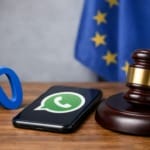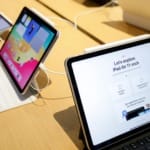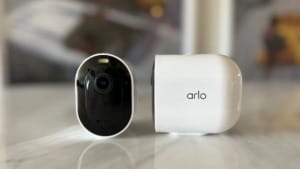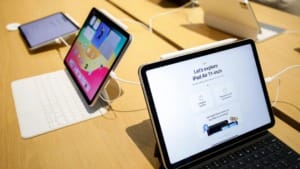Apple stops covering hairline cracks on iPhones and Apple Watches under warranty
Apple no longer covers hairline cracks on iPhones and Apple Watches under warranty, treating them as accidental damage.

Bad news if you have spotted a tiny crack on your iPhone or Apple Watch display. According to a report from 9to5Mac, these hairline cracks are no longer covered under Apple’s standard warranty.
Table Of Content
No more free repairs for hairline cracks
Historically, Apple’s one-year warranty has never covered “cosmetic damage” like scratches, dents, and broken plastic on ports unless you could prove it was due to defective materials or workmanship from Apple. However, single hairline cracks—a crack that does not spiderweb or show an obvious point of impact—have often been considered screen defects and were covered for free repairs. Coverage might have varied depending on which Apple Store or repair shop you visited.
Now, 9to5Mac’s sources indicate that Apple advises its stores and authorised service providers to treat all hairline cracks as accidental damage. This means you will have to pay for the repairs yourself. This change affects only iPhones and Apple Watches, while iPads and Macs remain unaffected. The Verge reached out to Apple for confirmation but has not responded.
Repair costs without a warranty
Outside of warranty, the cost to repair an iPhone screen ranges from US$129 for the iPhone SE and older models to US$379 for the iPhone 15 Pro Max. If you have AppleCare Plus, the repair cost drops significantly to US$29 for all models. For the Apple Watch, repair estimates are not explicitly broken down by screen repairs but are categorised under “other damage.” Depending on the model, these repair costs can range from US$249 to US$800 but drop to US$69 to US$79 with AppleCare Plus.
Apple’s approach to repairs
While this change is disappointing, Apple has made some positive moves regarding repairs in recent years, partly due to right-to-repair pressures. In 2022, Apple launched a self-service repair programme allowing users to fix their iPhone battery, screen, and cameras, though the process can sometimes be complicated. Additionally, Apple capped the cost of repairing broken back glass on the latest iPhone 15 Pro at $199, a nearly $350 decrease. In April, Apple announced that it will allow people to repair iPhones with used genuine parts on “select” models later this fall.
















